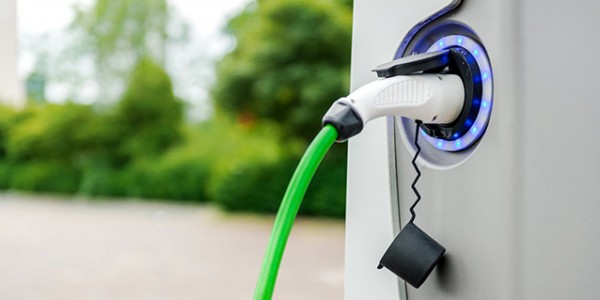How European governments accelerate on the electric car. Axpo report

How European governments push the electric car. Extract from the " White Paper of Mobility "
The number of electric cars in European countries, it should be noted, is increasing at a rapid pace also thanks to the presence of purchase incentives wanted by various governments.
In June, Germany presented a giant support plan for the sector. Inside, new incentives designed to give a strong boost to electric vehicles have been included as part of total allocations of 130 billion euros. Going into detail, the German government has decided to increase the maximum contribution for the purchase of new zero-emission cars from 3 to 6 thousand euros – provided, however, that they do not cost more than 40 thousand euros.
To this are added the 3 thousand euros of bonuses offered by the car manufacturers, the price cut can reach, in essence, up to 9 thousand euros. In addition to this, the German government has decided to put 2.5 billion euros on the plate for the expansion of the charging network and for the production of batteries. Finally, petrol stations will be obliged to offer charging points for electric cars13. The German political-industrial leadership recently found broad consensus on the decision to extend incentives for the purchase of electric and plug-in hybrid cars until 2025.
Across the Channel, despite Brexit , the United Kingdom is among the most virtuous countries in terms of electric vehicles: in November London decided to ban petrol and diesel cars starting from 2030. To incentivize the purchase of green vehicles, British Prime Minister Boris Johnson has put on the plate £ 582 million in subsidies for zero- or ultra-low-emission vehicles. A good 500 million pounds is devoted to the development and production of batteries for electric vehicles. Johnson's plan does not neglect infrastructure either: £ 1.3 billion will go to increase charging points in homes and streets across England.
Similar speech also in France, where the incentives for electric cars are quite attractive. The French government grants, in fact, a bonus of 3,000 euros for the purchase of models with internal combustion engines, "it does not matter if they run on petrol or diesel", underlined Macron, and 5,000 euros for electric or electrified ones. According to a mechanism already used in the past, private individuals with a reference tax income (other than our ISEE) within 18 thousand euros can benefit from this incentive, against the previous 13,489. According to Macron, “this will make three quarters of French citizens eligible for the grant” using a budget that on the 200 thousand planned purchases could vary between 600 and 800 million euros, depending on the type of car chosen. Purchases of used vehicles will also be allowed, as long as they are registered after 1 September 2019. Contributions for electric vehicles have also been confirmed and improved, which will be added to the destockage incentives.
Since December, an electric vehicle can take advantage of a bonus of 7,000 euros (1,000 more than in the previous situation) for individuals and 5,000 (+2,000) for companies, to which is added, as had been strongly supported by the car manufacturers, a new bonus of 2,000 for plug-in hybrid models. These new bonuses remained in effect from June 1st to December 31st 2020 and are not limited in number, unlike the 200,000 destockage incentives.
Extract from the " White Book of Mobility ", edited by Axpo and Start Magazine
This is a machine translation from Italian language of a post published on Start Magazine at the URL https://www.startmag.it/smartcity/germania-e-non-solo-come-i-governi-europei-accelerano-sullauto-elettrica/ on Sat, 27 Mar 2021 07:48:42 +0000.
